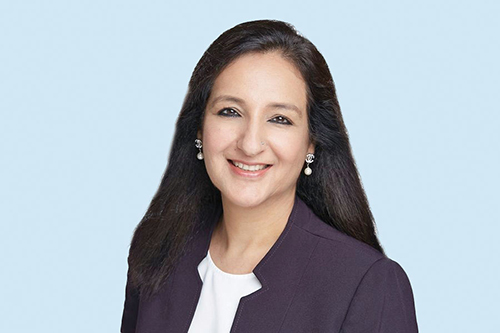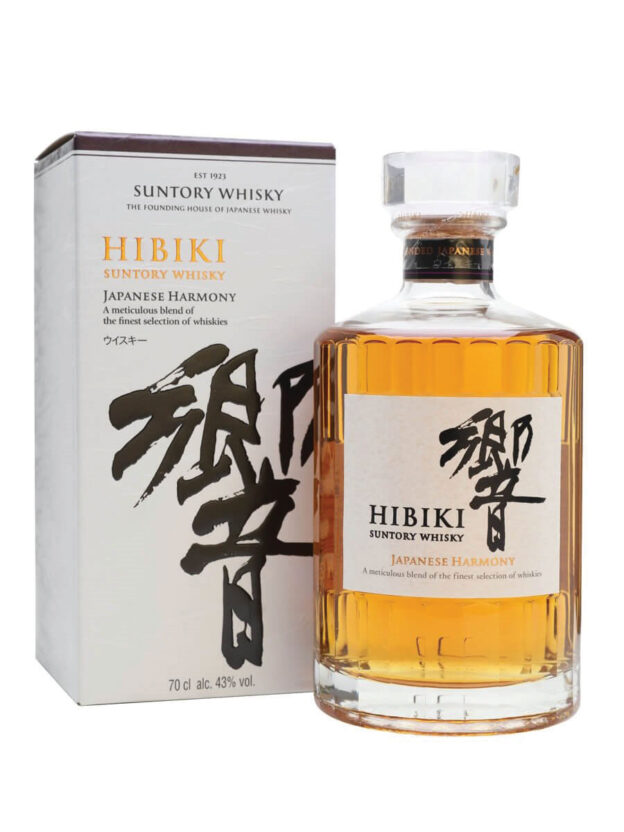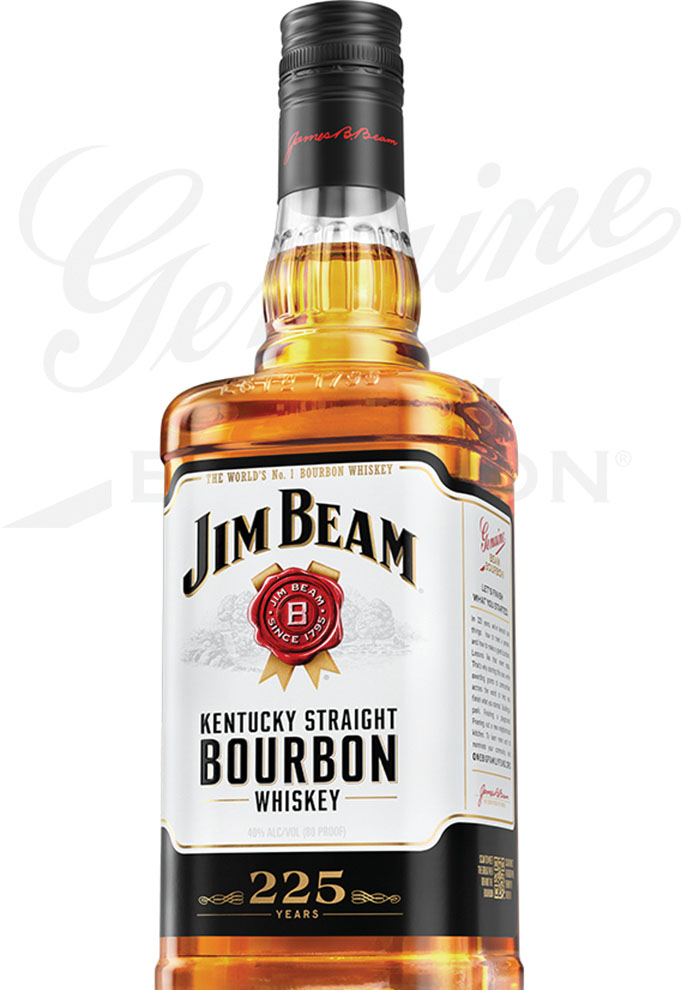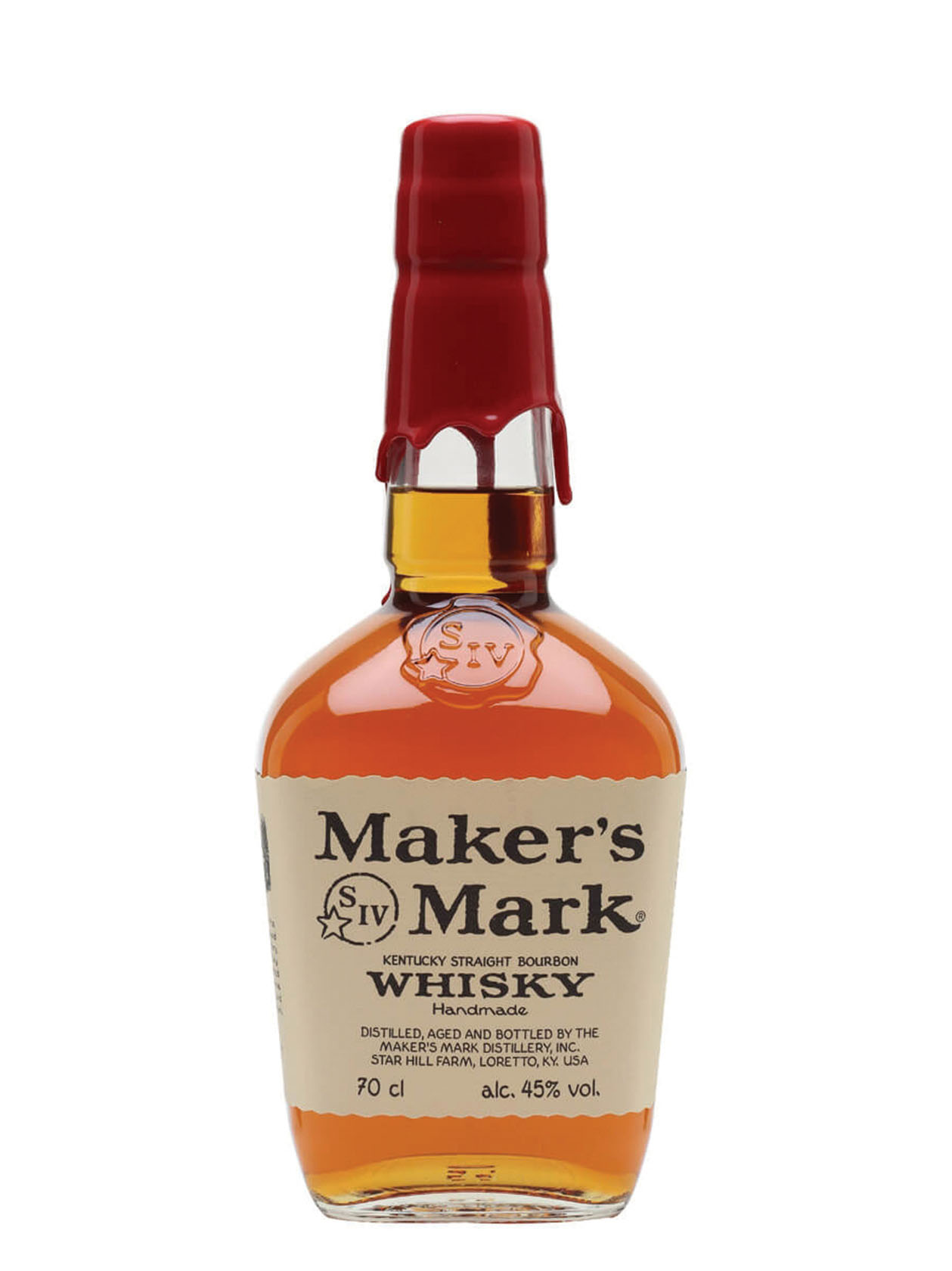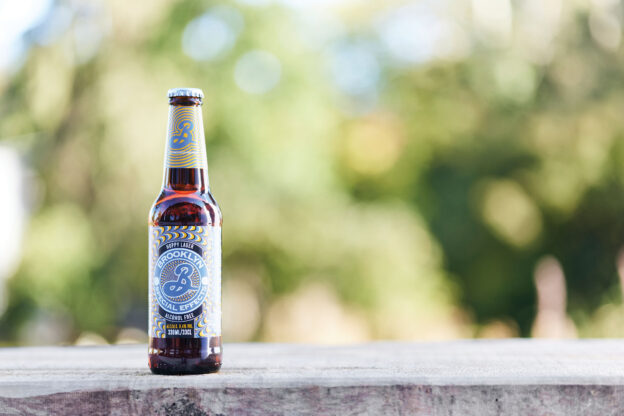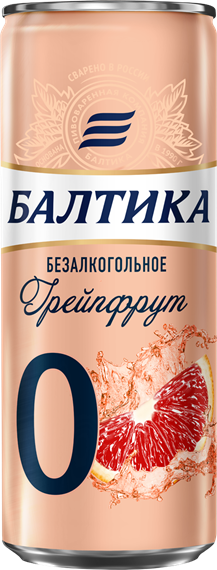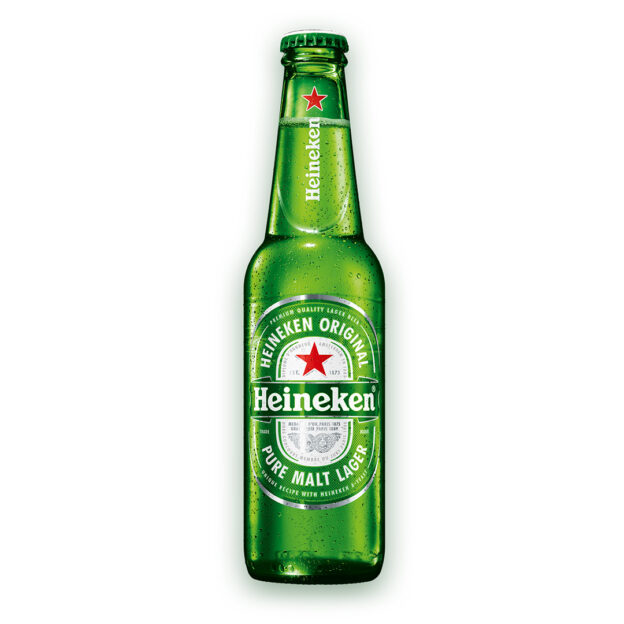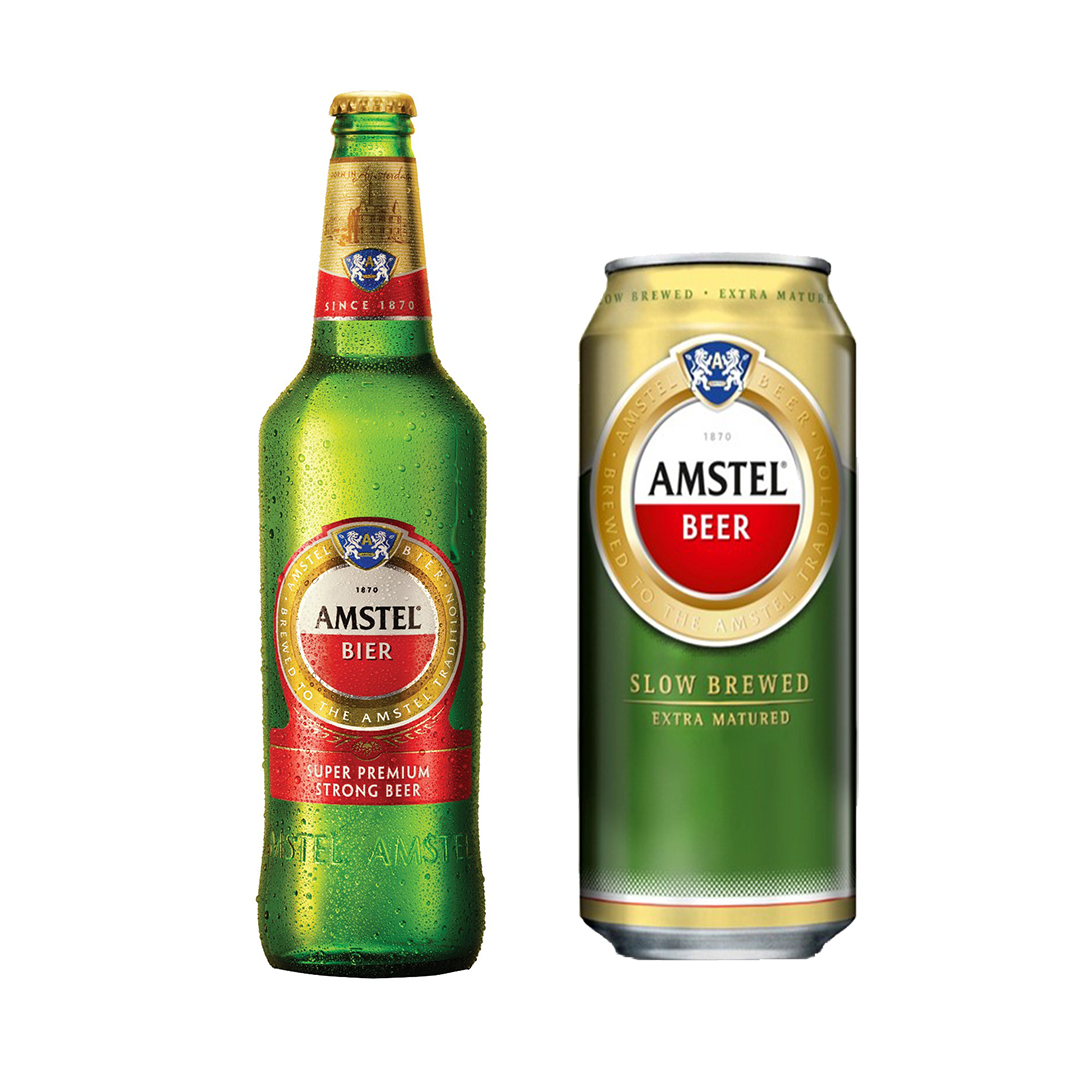In the unaudited third quarter, Diageo India has registered an increase in net sales of 15.9%, reflecting a strong quarter driven by resilient consumer demand in the off-trade channel, continued premiumisation and recovery of the on-trade channel. Underlying net sales increased 14.3%, excluding the one-off sale of bulk scotch.
Diageo India said that the Prestige & Above segment net sales grew 20.0%, with strong double-digit growth in our scotch portfolio. However, Popular segment net sales declined 1.7%, while priority states were flat. The Gross margin was 44.1%, down 49bps on a reported basis, driven by input cost inflation, partially offset by favourable product mix and productivity savings. Adjusting the one-off sale of bulk scotch, underlying gross margin was 44.3%, down 31bps.
Ms Hina Nagarajan, CEO, commenting on the quarter and nine months ended 31 Dec. 2021 said, “We have delivered a strong quarter, continuing the growth momentum amidst rising inflation. The broad-based growth in the Prestige & Above segment demonstrates the strength of our portfolio, and the continued agility and resilience of the team. We launched the second limited edition of Epitome Reserve Craft Whiskey, a Peated Indian Single Malt. We continued to expand distribution of the renovated Black Dog Scotch, Signature Whiskey and our innovation offering of Royal Challenge American Pride Whiskey.
We also launched ‘In.thebar.com’ this quarter, our digital platform to drive focussed consumer engagement and celebrations.
Healthy operating cash flow has enabled us to reach debt free status as on Dec.31st 2021. CRISIL upgraded its rating on United Spirits Limited’s long-term bank facilities to ‘AAA / Stable’ while reaffirming its ‘A1+’ rating on the short-term bank facilities.
External operating environment in the near-term will remain challenging, including potential impact from Covid-19 and rising cost inflation. We continue to work with agility and remain focussed on strengthening our portfolio while driving productivity across the value chain. We remain confident in the market potential and continue to stay focussed on our strategic priorities to drive long-term value creation for all our stakeholders.”
The Reported EBITDA was Rs. 491 Crores, up 27.9% and the reported EBITDA margin was 17.0%, up 159 bps, primarily driven by operating leverage on fixed costs. It said that Interest includes a one-off non-debt related charge. Underlying interest was Rs. 16 Crores, down 56.8% driven by reduced debt and lower interest rates.
The profit after tax was Rs. 291 Crores, up 26.7% and PAT margin was 10.1%.

Nine month’s performance highlights:
The reported net sales increased 22.6%, lapping soft prior year comparators. Growth was underpinned by strong consumer demand in the off-trade, premiumisation trend and continued momentum in at-home consumption occasions. Underlying net sales increased 21.9%, excluding the one-off sale of bulk scotch.
The Prestige & Above segment net sales increased 26.9%, lapping soft comparators and favourable product mix. The popular segment net sales increased 11.0%, while the priority states increased 10%. The Gross margin was 44.3%, up 113bps, primarily driven by favourable product mix, productivity savings from everyday cost efficiencies and lapping a one-off inventory provision. It said marketing investment was up 24.9% as the company lapped a reduction in promotional activity during the same period last year due to Covid-19. Marketing reinvestment rate was 8.0% of reported net sales.
The reported EBITDA was Rs. 1,084 Crores, up 88.2% and the reported EBITDA margin was 15.6%, up 544 bps primarily due to recovery in gross margin, operating leverage and lapping one-off costs in the prior year. Excluding the one-off items, underlying EBITDA was up 430 bps.
The reported interest cost was Rs. 52 Crores, down 62.3% driven by debt, interest rate reduction and a net reversal benefit of non-debt related interest charge. Exceptional items include a one-off provision towards an additional demand in relation to a historical customer dispute and tax includes a one-off reversal of 19.2 Crores.
The profit after tax was Rs. 634 Crores, up 343.2% and PAT margin was 9.1%.

United Spirits Ltd reports 27% PAT for third quarter
United Spirits Ltd (USL) has reported a 27 % year-on-year surge in profit after tax (PAT) for the third quarter of financial year 2021-22, which came in at Rs. 291 Crore, up from a Rs. 230 crore during the same period last year.
The PAT margin in Q3 FY22 was 10.1%, the company said. In a press release attached with the quarterly results, USL said it reached “debt-free status” by December 31, 2021, due to its “healthy operating cash flow”. The reported net sales in the three-month period ending December 2021 increased to Rs. 2,885 Crore, marking a 15.9% YoY jump.
The surge was driven by resilient consumer demand in the off trade channel, continued premiumisation and recovery of the on-trade channel, USL said. Underlying net sales increased by 14.3%, excluding the one-off sale of bulk scotch, it added.
“Prestige & Above segment net sales grew 20%, with strong double-digit growth in our scotch portfolio,” the company said. Popular segment net sales, however, declined by 1.7%.
The earnings before interest, tax, depreciation and amortization (EBIDTA) came in at Rs. 491 Crore, which was 27.9% higher as compared to the year-ago period. The EBITDA margin came in at 17%, up 159 bps, primarily driven by operating leverage on fixed costs.
“We upweighted our investment in marketing to support strategic priorities and on-going demand growth initiatives,” USL said.
Gross profit came in at Rs. 1,273 Crore, as compared to Rs. 1,082 Crore in the second quarter. Gross profit margin was 44.1%, down 49 bps on a reported basis, driven by input cost inflation, and “partially offset by favourable product mix and productivity savings”, USL said.
Diageo India chief executive officer Hina Nagarajan, while commenting on USL’s Q3 performance, said “external operating environment in the near-term will remain challenging, including potential impact from Covid-19 and rising cost inflation”.
“We continue to work with agility and remain focussed on strengthening our portfolio while driving productivity across the value chain. We remain confident in the market potential and continue to stay focussed on our strategic priorities to drive long-term value creation for all our stakeholders,” the CEO added.
The operations remained broadly normal for the quarter with sentiment gradually inching up seen in improved mobility and strong festive period helped demand. While input cost pressures continue, the global supply chains remain disrupted with port congestion and container availability issues. However, efforts, it said, are on to ramp up of innovation and renovation agenda, premiumisation trends continue, launched digital platform In.thebar.com during the quarter. It said it aligned itself with the new policies in Delhi and West Bengal, and tax rationalisation on BIO spirits in Maharashtra and West Bengal.
On the outlook, it said it was aiming to retain current demand momentum despite challenging near-term environment, expanding on new productivity initiatives, renovated portfolio well placed to benefit from ongoing premiumisation, and final stages of strategic review of popular brands.

